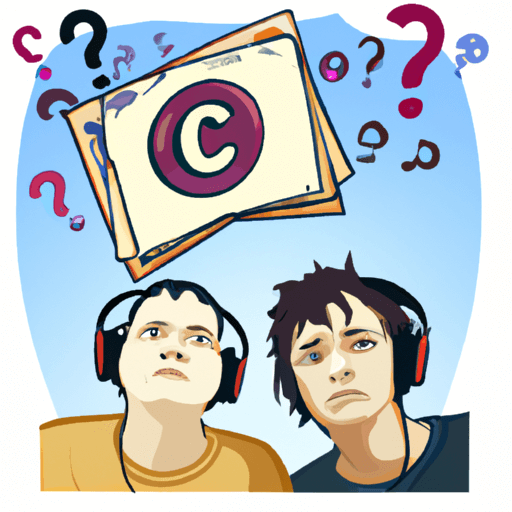The Influence of Explicit Content in Music on Younger Generations
Music is an essential part of youth culture, often serving as the backdrop for memorable experiences, conveyance of emotions, and a means of identifying with a particular social group. However, the past few decades have seen a surge in explicit content in music, raising concerns over the potential impacts on the psychological, emotional, and social growth of adolescents. This essay explores these multifaceted issues, rooted in the intersection of music, adolescence, and societal behavior.
Impact on Psychological, Emotional, and Social Development of Adolescents
Many research studies point towards a correlation between exposure to explicit content in music and behavioral nuances in adolescence. Content endorsing violent actions, substance use, and sexual promiscuity can potentially normalize such behaviors.
According to a study by the American Psychological Association, teenagers who listen to music with degrading sexual lyrics are more likely to engage in risky sexual behaviors. Another study suggests that songs with violent lyrics can increase aggressive thoughts and feelings.
The Role of the Music Industry, Parents, Schools, Governments, and Listeners
The music industry plays a crucial role in determining music content. Music producers and labels often allow explicit content in the name of artistic expression. Anecdotal evidences reveal that explicitness often serves as a marketing tool resulting in higher popularity and sales.
Parents, schools, and governments also have roles to play in managing the effects. Parents can limit exposure through parental advisory labels and supervise their children’s listening habits. Schools can encourage dialogue about the consequences of glorifying explicit content. Additionally, governments can boost regulations for responsible music production.
The ultimate responsibility, however, lies with the listeners themselves. They should engage in critical listening, deciphering the content and understanding its potential impact on their behavior and attitude.
Measures for Mitigation
Self-censorship naturally forms the first step towards mitigation - the ability to self-regulate, rejecting degrading content regardless of how popular or trendy it is.
Regulatory bodies can enforce stricter laws around explicit content, making it harder for such music to reach impressionable minds. The role of platforms like Spotify, Apple Music and YouTube, who are the primary distributors of music today, is also pivotal. They can revise their policies for the betterment of younger listener demographics.
In conclusion, while arts should remain a domain for free and creative expression, it is important to balance it with societal responsibility, especially in an era where music has such a profound impact on shaping the mindset of younger generations.


















Comments
Leave a Comment